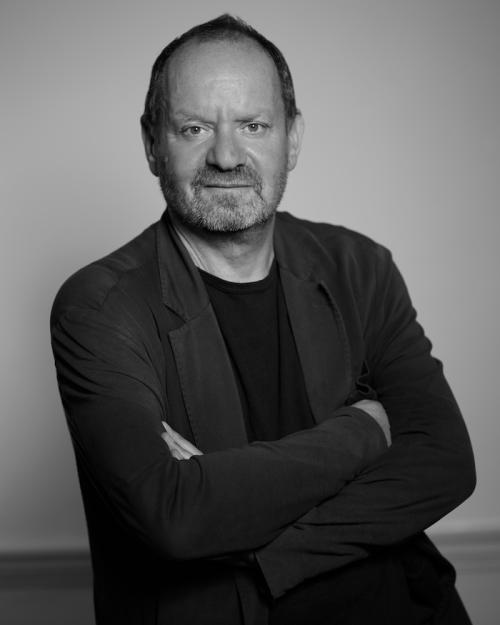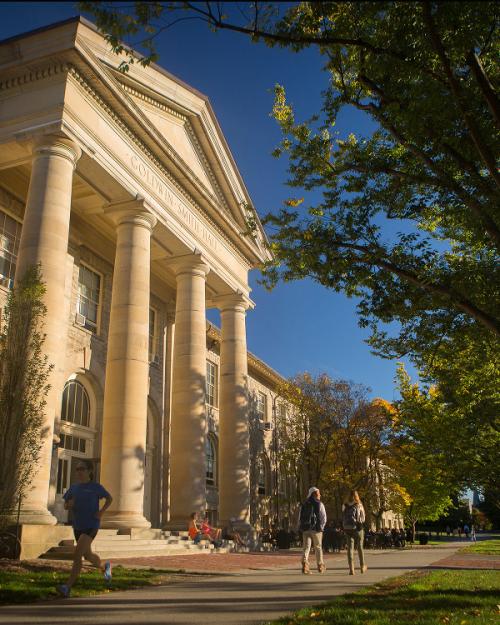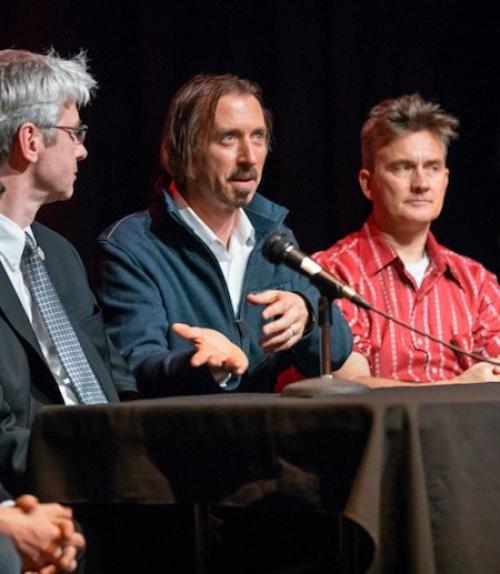Two minutes into Jason Schmitt’s documentary “Paywall: The Business of Scholarship,” a pop-up window flashed across the screen, demanding payment. At the free Nov. 29 screening at Cornell Cinema, the gag coaxed uneasy laughs from students, professors and scholars all too familiar with running into paywalls during their research. The screening was followed by a discussion.
Academic publishing is a $25 billion-a-year industry dominated by a handful of publishers with unfair business practices, the documentary claimed. Through interviews, it discussed issues of equity, access and public impact at the core of the paywall debate.
“Paywall” featured a range of commentators, including Frank Stasio, National Public Radio correspondent. “A lot of academic research was paid for with public funding, but public access is often restricted by expensive paywalls,” he observed.
Paul Ginsparg, Cornell physics professor and founder of open-access repository arXiv, explained that access to information is an advantage often held by the elite: “If you have some wonderful idea or you make some breakthrough, you like to think it’s because you had some inspiration or you worked harder than anyone else, but you don’t like to think it was because you had privileged access to information.”
Disparities in access bar all researchers from contributing innovation, and, for fields like medicine, up-to-date information can also mean the difference between life and death, said Ahmed Ogunlaja, a physician in Nigeria: “A lot of people are suffering as a result of the current system in academia. We have a lot of doctors who would benefit from having the latest information about what the best care [is] to give to their patients. There is so much research that has been done already.”
But there’s hope, according to the documentary: The international open access movement is a growing alternative, in which all readers get free access to digital articles and publishers only charge fees from authors for their submissions.
“In its simplest form, open access is free and unencumbered access to information. Very simply, it’s a way to democratize information. It’s to reduce disparity and to promote equality,” said Amy Brand, Massachusetts Institute of Technology Press director.
At the post-screening panel discussion, topics included building open-access communities, addressing budgetary pressures on universities and libraries, and re-examining the academic tenure process that favors publication in closed venues run by large for-profit companies. The panel included the filmmaker, a professor of communication and media at Clarkson University; Gerald R. Beasley, the Carl A. Kroch University Librarian; and representatives from the University Faculty Library Board: Jeremy Braddock, associate professor of English; Paul Fleming, professor of comparative literature and German studies; and Max Zhang, associate professor of mechanical and aerospace engineering.
Audience member Abby Cohn, professor of linguistics, voiced a clarification about “fair open access” against a loose definition of open access: “Elsevier and all these other publishers are now letting people publish ‘open access’ papers with expensive author publication fees, but that’s just shifting the problem [to authors], so I think we need to be really careful about this.”
She offered advice to peers: “There is something that each of us as a scholar or author can do today … . We can grant rights to publish the material without giving away the copyrights.”
Prompted by questions from students, Beasley said libraries can continue to play a vital role in supporting, promoting and featuring open access platforms and journals.
“Libraries will do their bit,” he said, while also emphasizing the need for a concerted effort: “It’s going to be the faculty, it’s going to be the grad students, it’s going to be the other people who are asking for it and placing articles and demanding venues for their scholarship.”
Philanthropic foundations and research organizations can also make a tremendous difference in driving open access, said Schmitt. He mentioned the Bill & Melinda Gates Foundation’s open access policy and also pointed to a plan by a European association of researchers and funders to publish their work in open-access channels by 2020.
Schmitt is optimistic that the United States will follow suit. “California recently is the first state in the U.S. to adopt an open-access plan for anything that’s funded through the state of California,” he said. “New York should be the second state to do that.”
Jose Beduya is a staff writer, editor and social media coordinator for Cornell University Library.
This story also appeared in the Cornell Chronicle.






